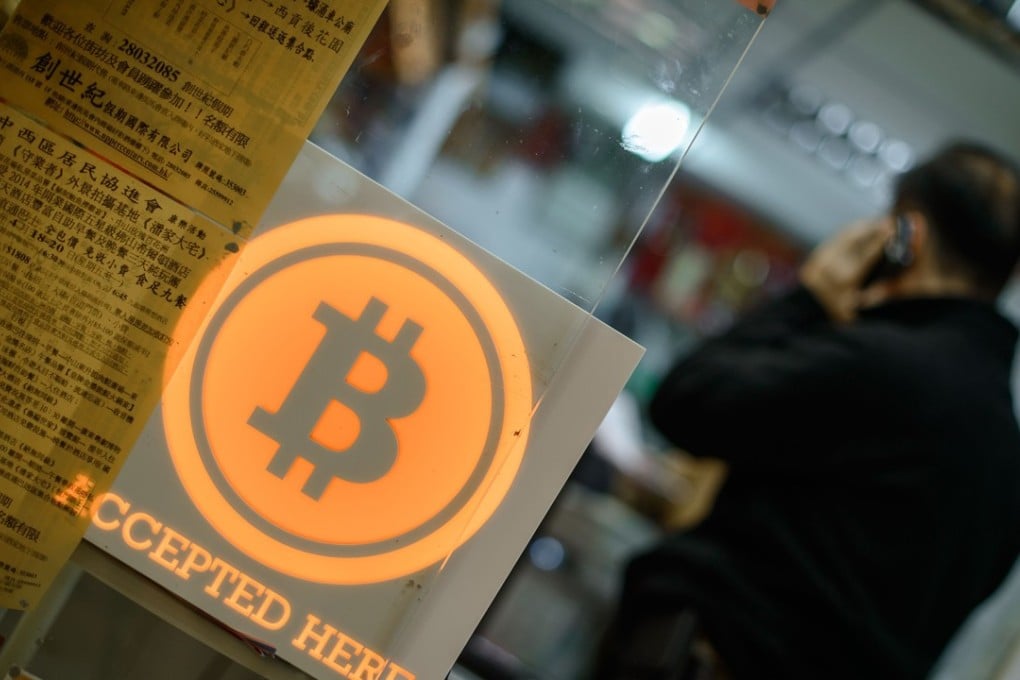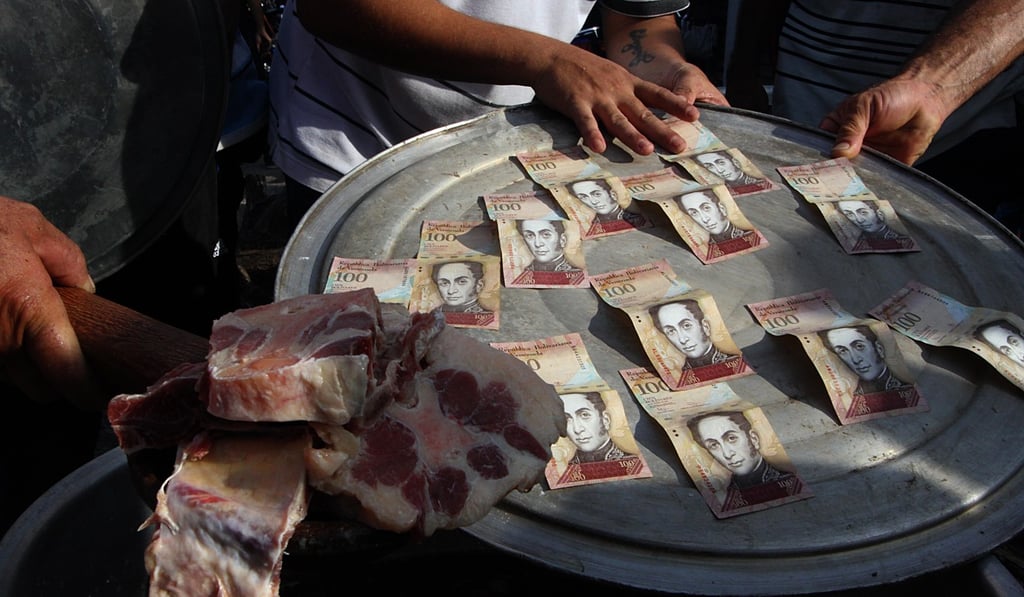Cryptocurrencies like bitcoin can’t be beaten, so why not join them?
Henry Law says the decentralised nature of cryptocurrency makes it the way of the future. That doesn’t mean it’s perfect, but its flaws are all the more reason for government cooperation and regulation, not repression

In an age of financial reform, decentralisation enables the removal of third-party intermediaries, as bankers’ and politicians’ words give way to maths, conferring objectivity while preventing anyone in the network from becoming too powerful.
One of Friedrich Hayek’s last publications, Denationalisation of Money , argues that governments should not enjoy the exclusive right to issue currencies. The 2008 financial crisis caused competitive devaluations of fiat currencies to make exports more attractive, inflating national debts at the cost of ordinary people’s savings.
